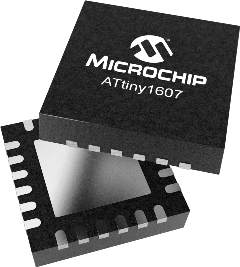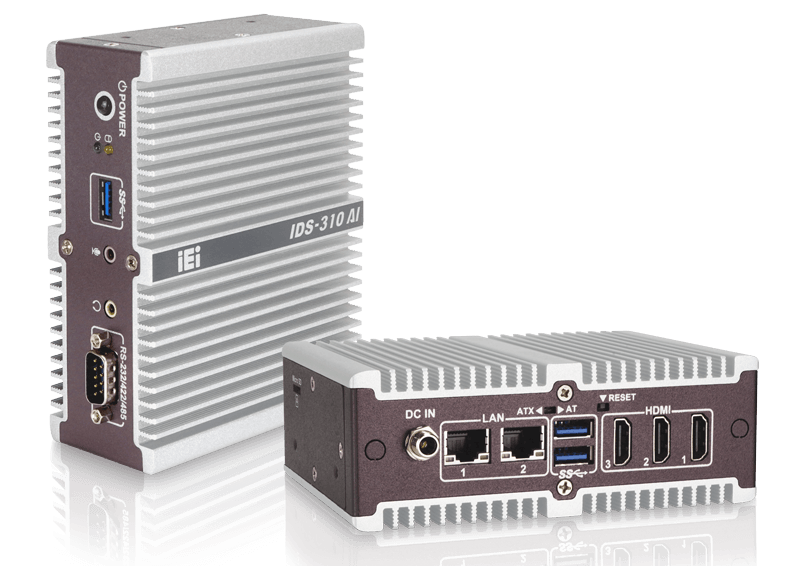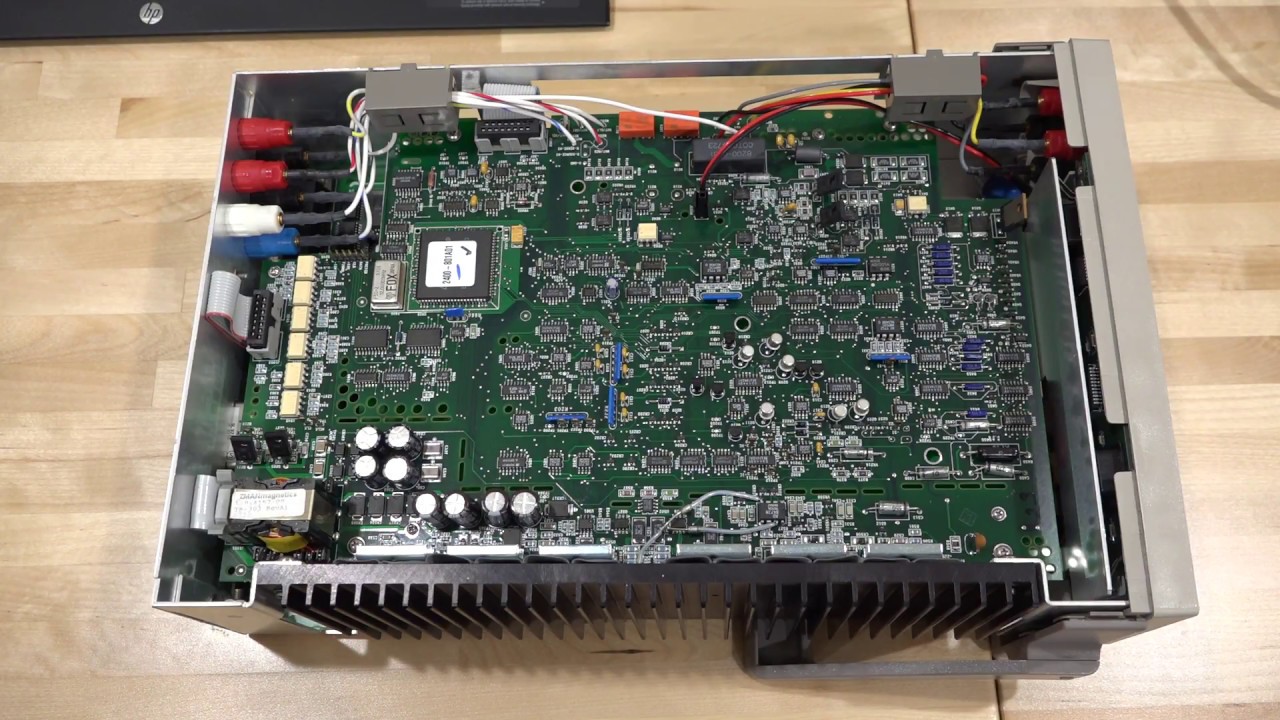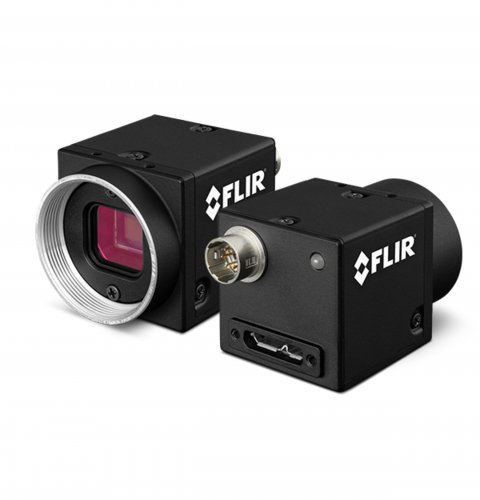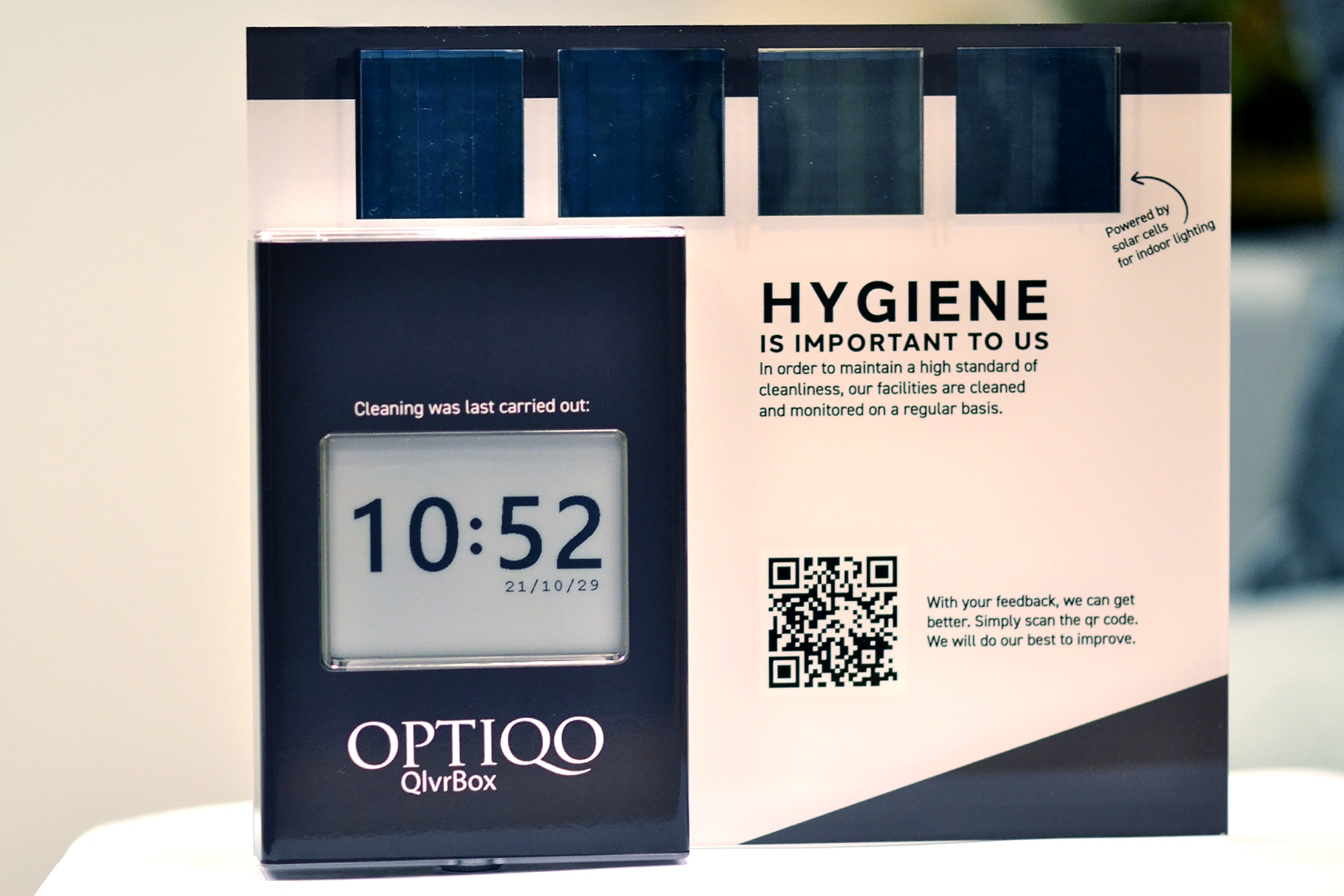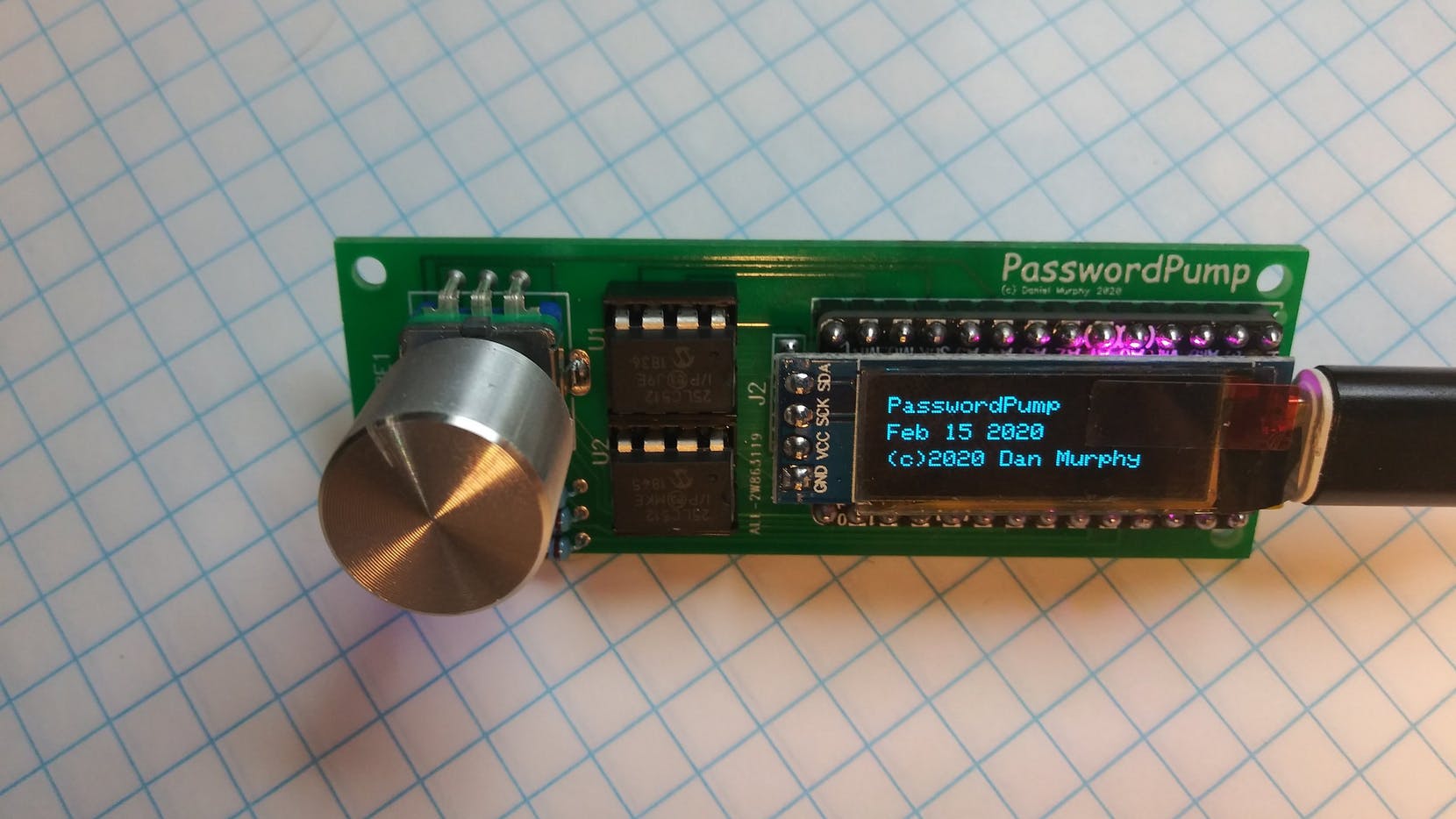
In continuation of the development of microcontrollers for a real-time control system, Microchip unveils a new set of microcontroller family based around the known Atmel ATtiny family called the ATtiny1607 family. Microchip is hoping to continue support for the Atmel’s famous AVR set of microcontrollers.
Microchip recently launched the PIC18 Q10 family of MCUs earlier on that features multiple intelligent Core Independent Peripherals (CIPs) and was tailored for real-time control systems. The ATtiny1607 family of AVR® microcontrollers (MCUs) offers similar features like the PIC18 Q10 MCUs, it is equipped with high-speed integrated analog, hardware-based Core Independent Peripherals (CIPs) and low-power performance for efficient, real-time control and sensor node applications in a small physical footprint to help optimize board layout.
The family offers a lot of options; it is made up of about ten different MCUs coming in different package type from DIP to QFN, which makes it ideal for space-constrained closed-loop system especially the 3 x 3 mm 20-pin QFN package. The family offers a broad range of memory, pin and package configurations, program memory from 2KB to 16KB, SRAM from 256 Bytes to 1024 Bytes, pin count from 8 to 24 pin packages, and MCUs in the family all have 12 ADC input.
The family offers an accurate and temperature-stable 20 MHz internal RC oscillator, a configurable custom logic (CCL) and core independent peripherals. These inbuilt features nullify the need for external components which will help it in reducing the cost of the final product.
Below are some of the ATtiny 1607 key attributes:
- Internal 20 MHz oscillator
- Up to 16 KB of FLASH memory
- Up to 12-channel, 115 ksps 10-bit ADC
- Cyclic Redundancy Check (CRC) scan
- 16-bit Real-Time Clock and Periodic Interrupt Timer
- Configurable Custom Logic (CCL) peripheral
- 3-channel Peripheral Event System
- Analog Comparator with a scalable reference input
- Configurable, internally generated reference voltage
- USART / SPI / dual-mode TWI
- Available with up to 22 I/O
Getting started to work with the ATtiny 1607 is straightforward. An evaluation kit called ATmega4809-XPRO Evaluation Kit is available for getting starting with the family. It is the ideal platform for rapid prototyping of the new tinyAVR and even megaAVR® MCUs. The kit is a USB powered kit and features an onboard programmer and debugger that seamlessly integrates with Atmel Studio and other peripherals. The board also has a MikroBUS™ -compatible socket, allowing you to easily add sensors, actuators or communications interfaces from Mikroelektronika’s extensive library of click boards™.
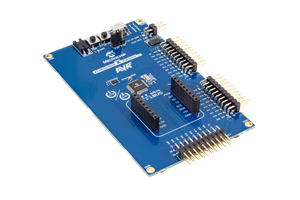
Development time for the ATtiny1607 can be greatly reduced by using Atmel START, an intuitive web-based graphical configuration tool for embedded projects. Atmel START generates factory-validated C-code to help get an embedded design started. More informaton about Atmel START can be found here.
The tinyAVR® microcontrollers are well-suited for a wide range of applications including industrial, consumer, appliance, automotive and Internet of Things (IoT) sensor nodes. More information about the product family is available on the product page.





